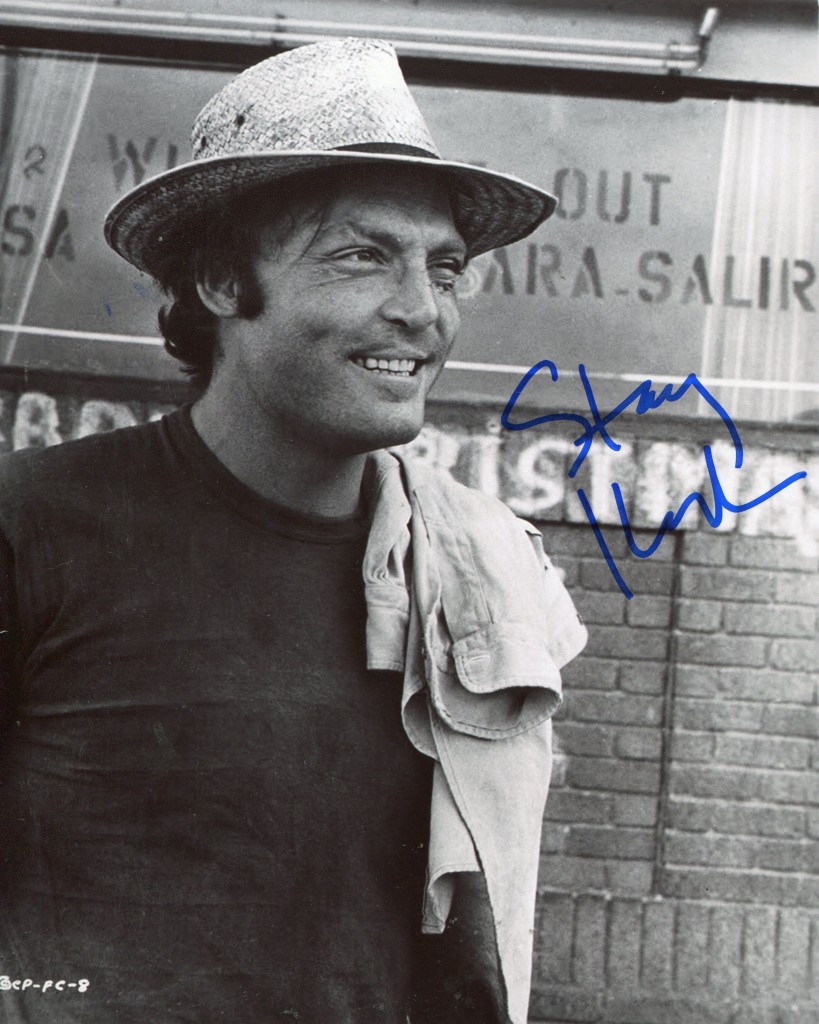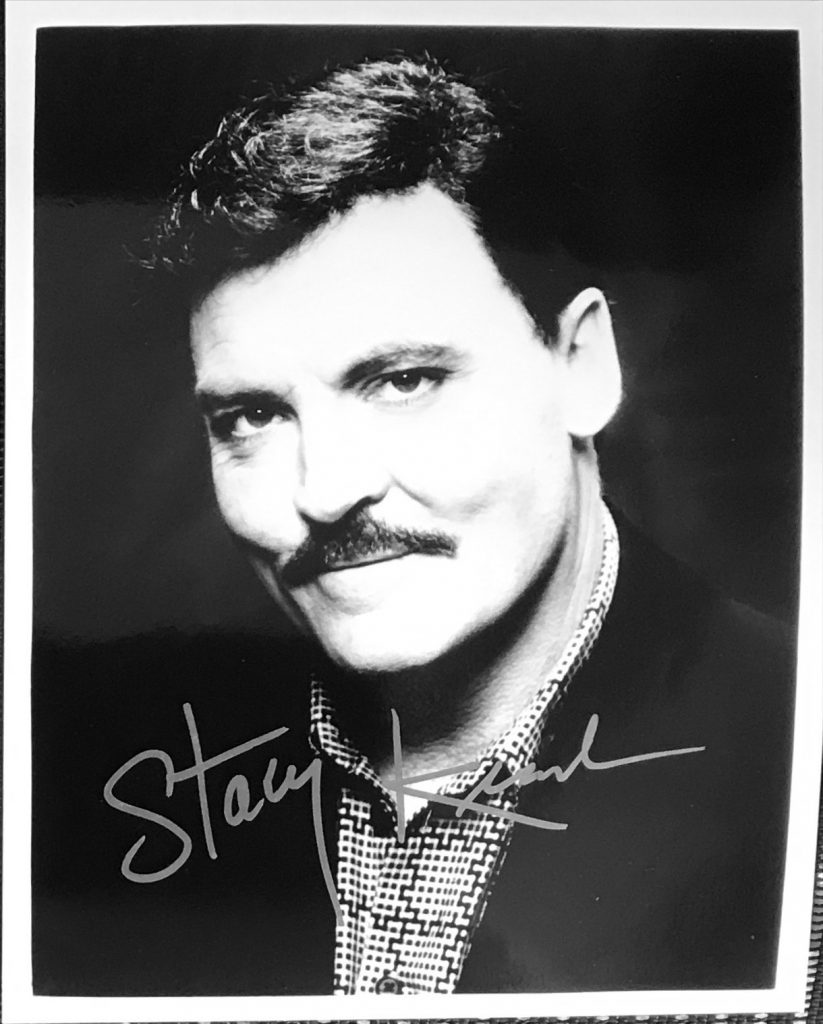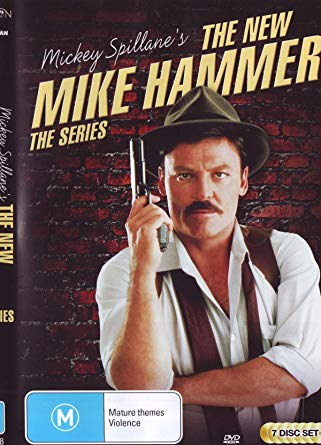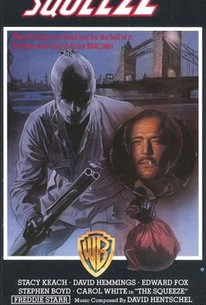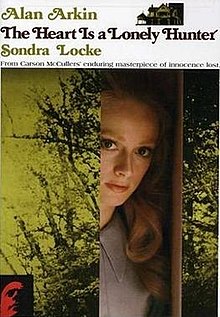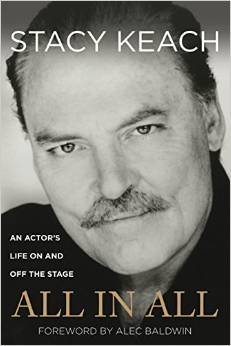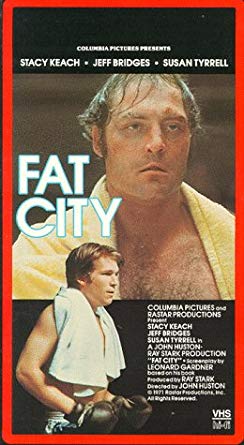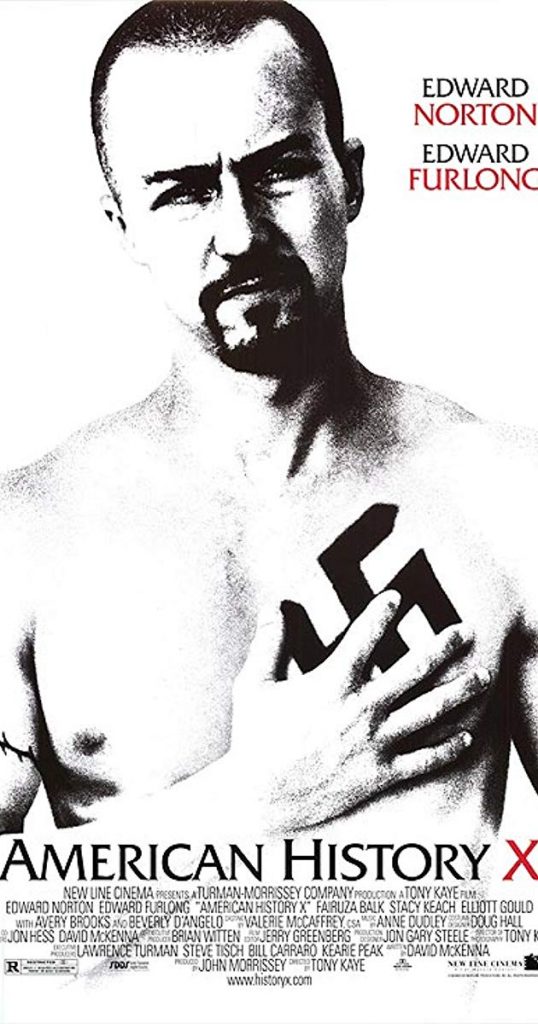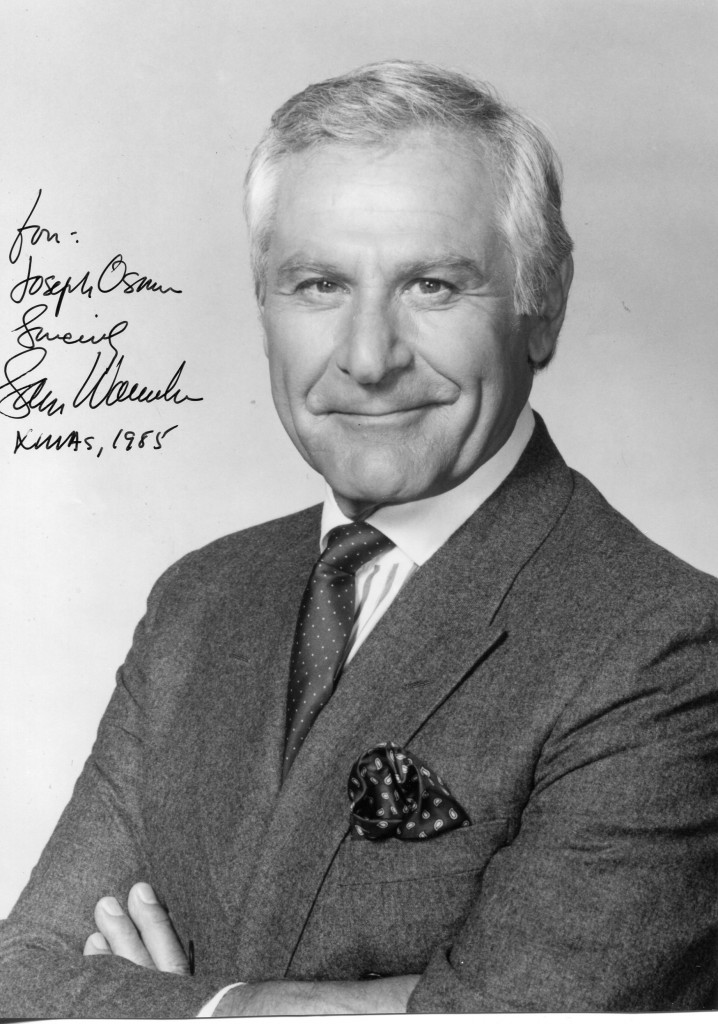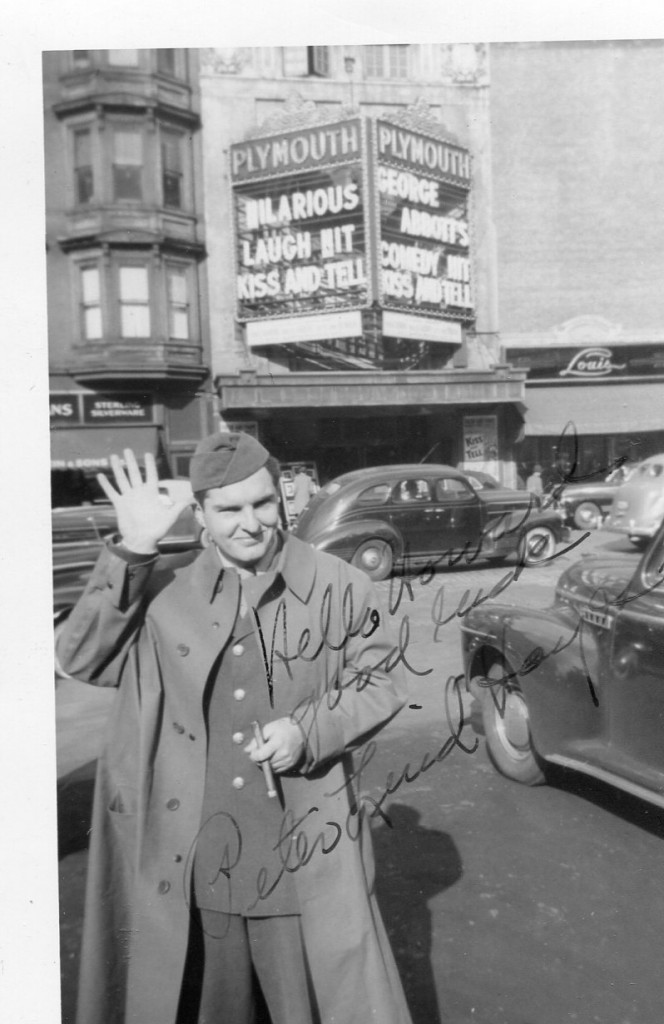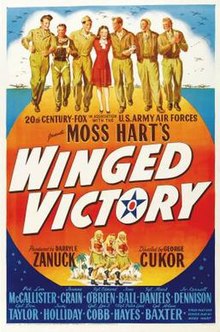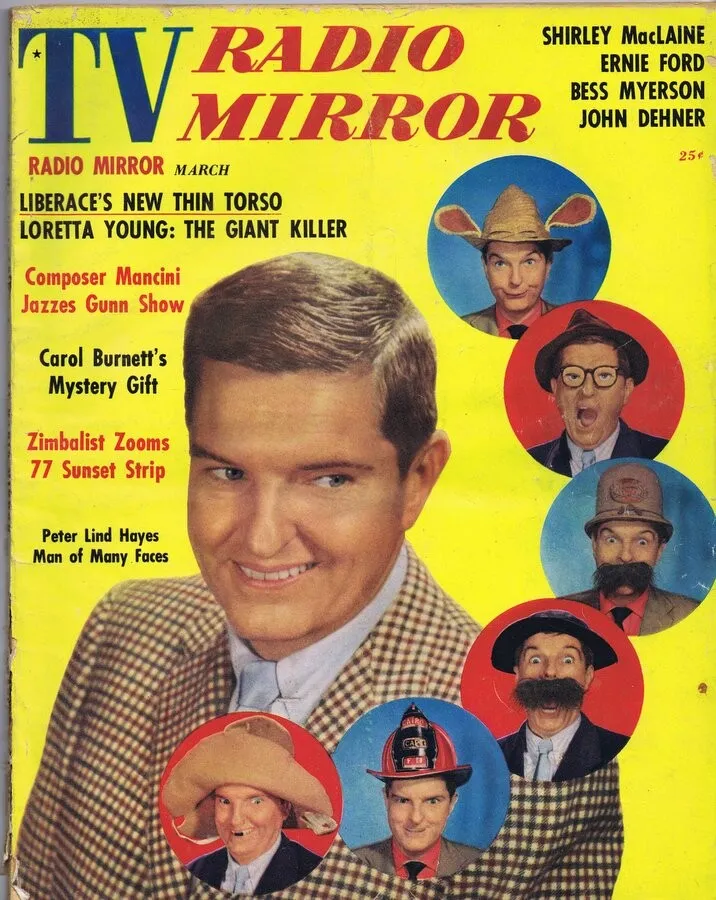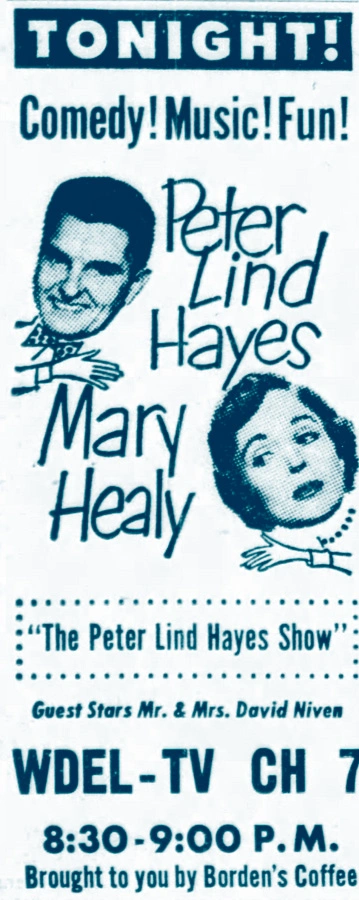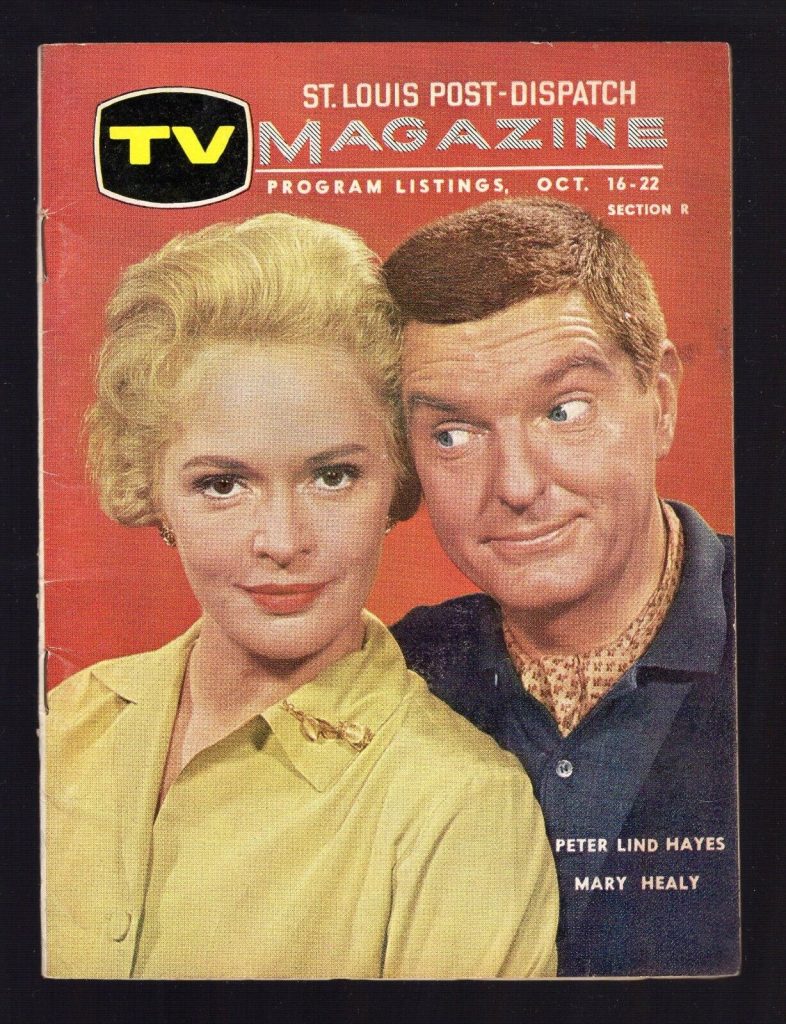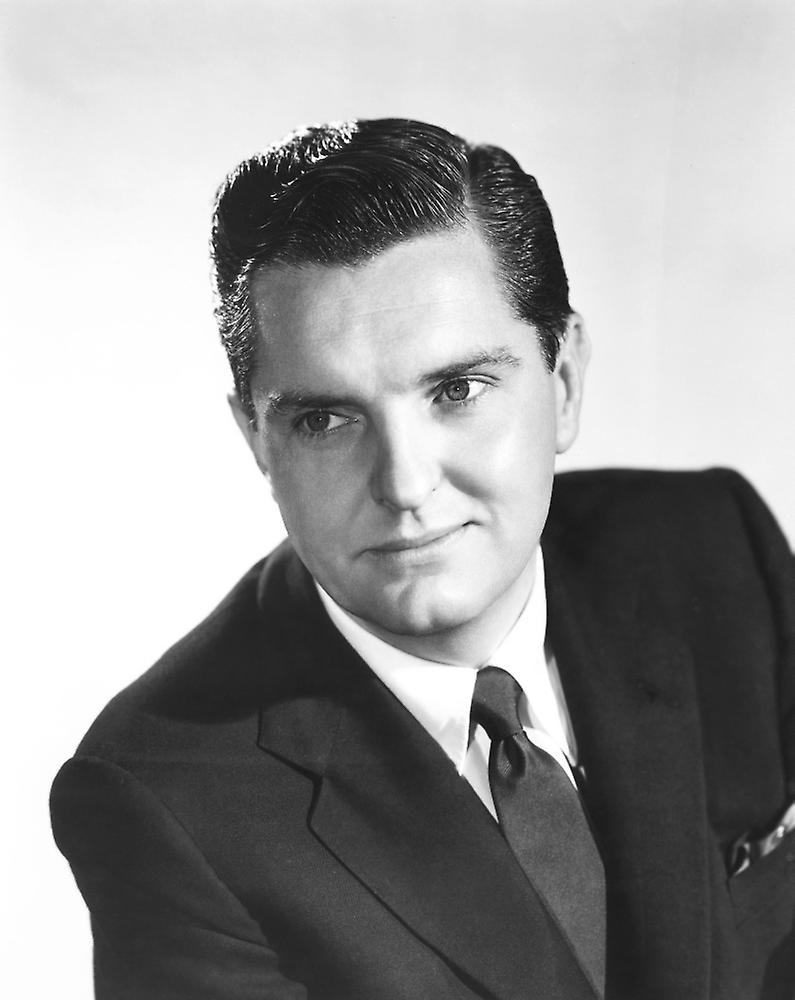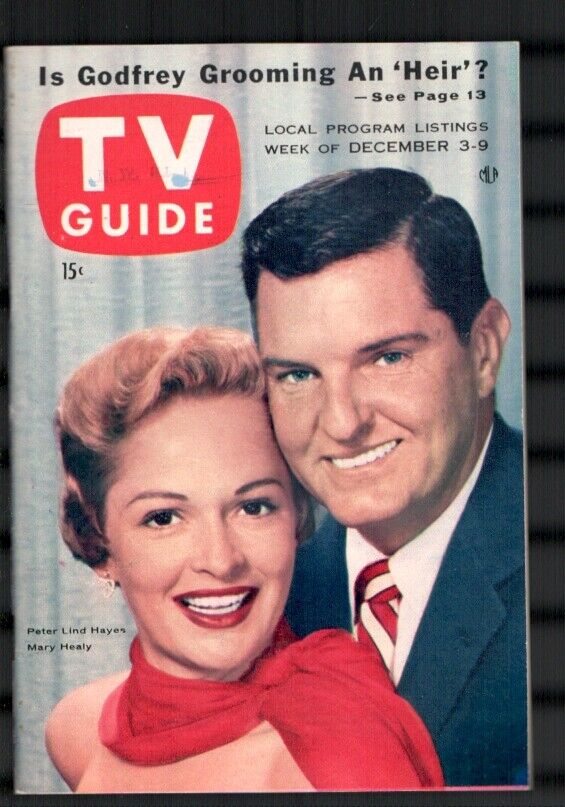Inez Harvuot (Irene Manning), actress and singer: born Cincinnati 17 July 1912; married 1940 Het Manheim (marriage dissolved 1944), 1944 Keith Kolhoff (marriage dissolved 1946), 1948 Clinton Green (marriage dissolved 1951), 1964 Maxwell W. Hunter (died 2001); died San Carlos, California 28 May 2004.
The actress and lyric soprano Irene Manning was a blonde beauty who had a brief spell as a film star in the early Forties. Her most notable roles were those of the singer Fay Templeton in the classic musical Yankee Doodle Dandy (1942), and as Margot, the heroine of The Desert Song (1944). She also played leading lady to Gene Autry and Humphrey Bogart, and had an extensive career on stage including a Broadway musical by Lerner and Loewe and West End roles in plays and musicals.
The youngest of five children, she was born Inez Harvuot in Cincinnati in 1912. Both her parents were singers who appeared in opera choruses, and at the age of two Inez could sing “The Blue Ridge Mountains of Virginia”. Her family moved to Los Angeles when she was 10, and after graduating from Los Angeles High School she gained a scholarship to study voice at the Eastman School of Music in Rochester, New York. Classically trained, she gained considerable stage experience in operetta and musicals prior to 1936, when she was given a film contract by Republic.
The studio’s head of publicity Het Manheim, gave her a new name, Hope Manning, and became her first husband:
Het was a good man. Our problem was geographical. Het remained in New York while I was leaping all over the country. As much as we loved each other, we came to realise the marriage wasn’t working.
She made her screen début in The Old Corral (1936), a western starring the studio’s major star, Gene Autry, with whom she sang a duet. After supporting roles in Two Wise Maids (1937) and Michael O’Halloran (1937), she returned to the stage when offered a leading role in a new musical by Jerome Kern, Oscar Hammerstein and Otto Harbach, Gentlemen Unafraid (1938). A Civil War tale of a West Point cadet torn between fighting for the Union or for his home state, Virginia, it opened in St Louis, where it was so poorly received that it closed after just one week. Manning, as the cadet’s sweetheart, introduced “Your Dream is the Same as My Dream”, which acquired a measure of popularity when later reused by the composers in the film One Night in the Tropics.
After appearing in New York in two more short-lived musicals, she toured with the famous baritone John Charles Thomas in Lehar’s operetta Gypsy Baron (1940) and the pair made several Gilbert and Sullivan recordings together. Warner Brothers, who had made an early talkie of the Sigmund Romberg operetta The Desert Song in 1929, were planning a new version, for which Manning tested. She said,
They spent about five years casting The Desert Song. They auditioned everyone, including Gladys Swarth-
out of the Metropolitan Opera. I was given a very expensive test, in Technicolor, and on the strength of it Warners signed me and changed my name to Irene Manning.
Since the script for The Desert Song wasn’t ready, she was first cast in Yankee Doodle Dandy as the legendary stage star Fay Templeton, who is won over by the brash composer George M. Cohan (James Cagney) when he composes a song for her, “Only 45 Minutes from Broadway”, in her dressing room while she is performing on stage. Her renditions of “So Long, Mary” and “Mary’s a Grand Old Name” were among the film’s highlights, and Variety called her performance “plenty socko”. Manning later recalled the film as her happiest Hollywood experience.
She was less happy with her next film, a minor thriller, The Big Shot(1942), though she was leading lady to Humphrey Bogart. She described the director, Lewis Seiler, as “not the greatest”:
Just before we started, he said to me, “Are you going to sing your lines?” When I had to be shot to death at the end, I asked how he wanted me to go about it. “I have no idea,” he said.
After another low-budget movie, Spy Ship (1942), Manning took on her most important screen role, starring opposite Dennis Morgan inThe Desert Song, directed by Robert Florey. Morgan played an American bandleader who dons a cape and becomes the mysterious leader of a group of desert tribesmen sabotaging German attempts to build a railroad. Manning said,
The movie had some excellent action sequences and an interesting script. Years later, Gordon MacRae, who starred in the 1953 version, told me he thought ours was the better movie.
The gorgeously photographed film (with Gallup, New Mexico, standing in for the Sahara desert) is generally considered the finest of the operetta’s three screen transcriptions, but it is little known today because copyright problems have kept it out of circulation for several decades.
Surprisingly, the studio failed to capitalise on Manning’s impressive performance, and, despite announcing earlier that she and Morgan would be teamed in a series of musicals similar to those MGM had made with Jeanette McDonald and Nelson Eddy, they instead relegated her to supporting roles. She later said of her boss,
Jack Warner? He wasn’t one of my favourite people. Let’s just say that there was not a lot of class there.
Miles Kreuger, President of the Institute of the American Musical, said that Manning’s “more elegant, more reserved” persona was out of sync during the war years when audiences preferred “young girls who were perky and more accessible” like Betty Grable. “I think that’s why she didn’t catch on a little bit more.”
Manning’s subsequent films included the splendid musical Shine On, Harvest Moon (1944), again starring Morgan but with Ann Sheridan as leading lady and Manning as “the other woman”, and the comedyMake Your Own Bed (1944) with Jane Wyman and Jack Carson.The Doughgirls (1944), based on the hit play about the wartime shortage of hotel accommodation in Washington, was a favourite of the actress, though Eve Arden had the showiest role as a Russian female guerrilla.
After a cameo as herself in Hollywood Canteen (1944), Manning left for England with her own USO unit to entertain servicemen overseas. In England she recorded four songs with Glenn Miller’s Army Air Forces Band. Recorded for the Office of War Information just a few days before Miller disappeared in a small aircraft over the English Channel, the songs were broadcast between propaganda announcements to German troops on the BBC’s German Wehrmacht Hour.
One of the songs, “Begin the Beguine”, was included in the CD setGlenn Miller: The Lost Recordings, and reveals Manning’s voice, pitched in a lower register than usual, blending surprisingly well with the Miller band. Manning also featured in a British film, I Live in Grosvenor Square (1945), making a “courtesy appearance” as herself, pictured entertaining American servicemen in a Piccadilly club with a rendition of the wistful 1931 ballad “Home”.
Manning returned to the stage to star on Broadway in a musical by Alan Jay Lerner and Frederick Loewe, The Day Before Spring(1945), playing a woman who with her husband of 10 years (John Archer) attends a college reunion where she is drawn to an old flame (Bill Johnson). Though the cast and score were praised, the libretto came in for heavy criticism in the mixed reviews.
In 1947 Manning moved to England, making her London stage début in Millocker’s The DuBarry (1947), and appearing in Alan Melville’s hit comedy Castle in the Air (1949) with Jack Buchanan and Coral Browne. She also toured music halls with a variety act, hosted her own BBC television show An American in England, and wrote a weekly show-business column, “Girl About Town”. She said,
I had a wonderful time in England and really matured . . . still, when I came back to the US in 1952, nobody remembered me. So I just started all over again.
She did night-club work, sang on radio with the Andre Kostelanetz and Gordon Jenkins orchestras, appeared in television plays, and starred in both musicals and plays in summer theatres, including The King and I (her personal favourite role).
An accomplished abstract painter, she had exhibitions of her work in New York and Washington, and for the last 30 years she taught voice, acting, personal development, speech dynamics and modelling.
Tom Vallance












